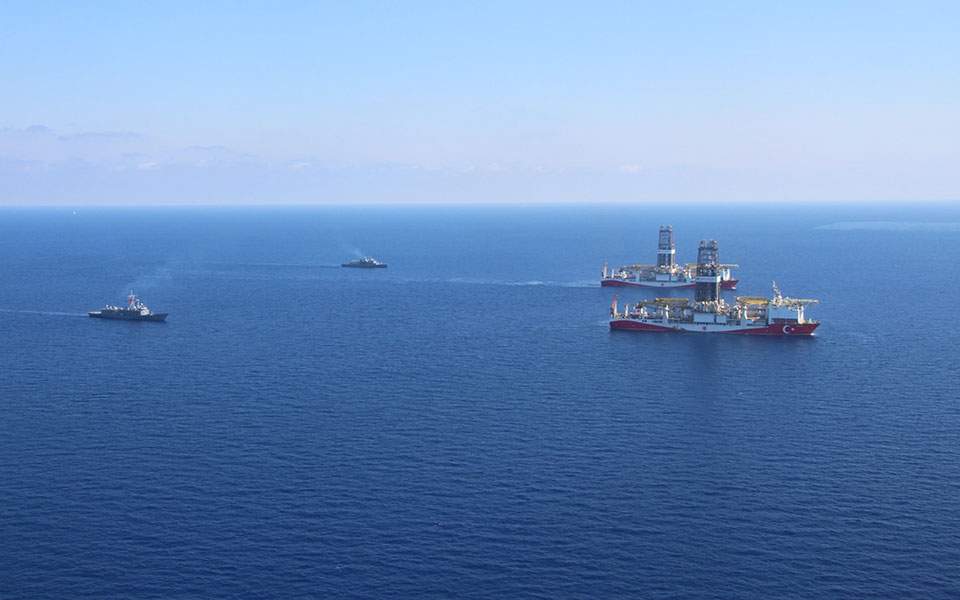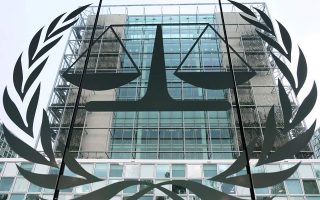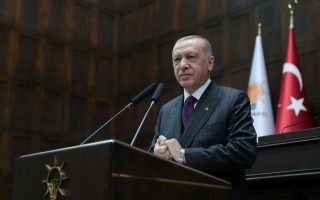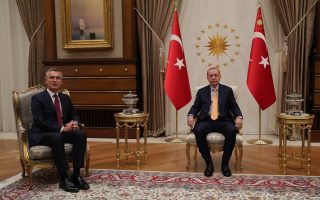Clear positions

We are at a critical juncture with Turkey. Ankara is being unpredictable, not just with Greece, but also with Russia and the United States. There is only one person calling the shots, and it doesn’t matter what Foreign Minister Mevlut Cavusoglu or presidential spokesman Ibrahim Kalin say, because everything can change in a matter of hours.
Greece put its faith in Germany’s ability to achieve a break in the tension, but this has not led to results as Berlin is asking for some form of “reciprocity” from Athens. Fear of a repeat of the refugee crisis of 2015 is paralyzing Berlin and preventing it from understanding that Turkish President Recep Tayyip Erdogan does not care too much for conversation; he prefers tough bartering.
The United States’ role, meanwhile, has been ambiguous. Greece has given a lot to the American side in recent years, and this at a time when the rest of Europe is marching full speed towards “strategic autonomy” from the US and believes that – regardless of whether President Donald Trump is re-elected – Washington cannot be relied on as it once was.
Additional caution is also necessary because Greece has no reason to become embroiled in any Cold War-style confrontation between the US and Russia or China. We have certain obligations as a member of the EU and NATO, but that’s it. If Athens were to make this choice, the costs and benefits would have to be carefully weighed. This is not the 1950s or 60s.
The Russian factor is also interesting. Moscow is starting to view Erdogan’s behavior with some trepidation, after the Islamist mission in Azerbaijan crossed its most explicit red line. Turkey is obviously a very good “customer” when it comes to defense procurements, but Russia is worried and every so often shares these concerns with European governments. A restart of Greek-Russian relations is therefore necessary. And let’s not forget a basic fact: Russia is a member of the United Nations Security Council, which Greece may have to take recourse to if everything goes terribly wrong. Let us also remember Konstantinos Karamanlis, who always said that Greek foreign policy should never rely on one pillar alone.
In such a setting, Greece needs to guess where Erdogan is heading, but must also do a couple of things right now: It must set a specific red line, such as, for example, that Turkey must not conduct seismic surveys in any area where Greece reserves rights west of the 28th meridian. It also needs to be ruthlessly realistic and honest towards our allies – be they the Americans, the Israelis, the Emiratis, the Saudis or whoever else – about what we are asking of them to do with regards to Turkey.





